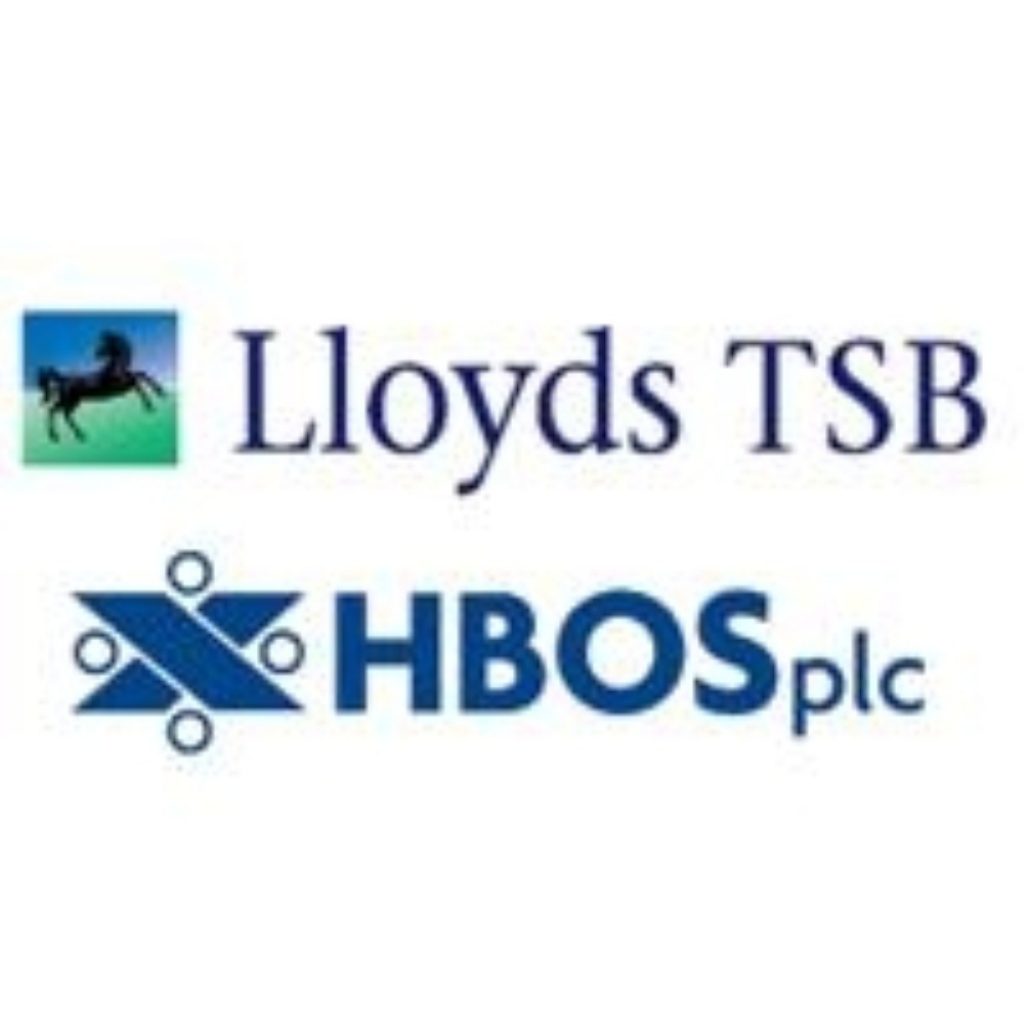Mandelson seals HBOS/Lloyds deal
Business secretary Peter Mandelson officially sealed the merger of Lloyds TSB and Halifax Bank of Scotland (HBOS) today.
The government had agreed to circumvent competition laws – which would have frozen the deal as the combined Lloyds TSB/HBOS entity has too great a market share – and today Lord Mandelson rubber stamped the deal.
He said the merger would not be referred to the Competition Commission as possible anti-competitive effects identified by the Office of Fair Trading (OFT) were outweighed by the public interest in preserving the stability of the UK financial system.
Lord Mandelson said: “I recognise that there are some concerns about the possible effects of the merger on competition, as set out in the OFT’s report.


“I am asking the OFT to continue to keep the relevant markets under review in order to protect the interests of UK consumers and the British economy.”
Shareholders’ approval is still needed for the deal to go ahead – with a vote to take place in November.
Yesterday Lloyds TSB unveiled the new board to take over after the merger is completed in January – which features just one representative from HBOS.
On October 12th Lloyds TSB announced it was to merge with HBOS – paying £12 billion – after the HBOS share price had come under severe pressure in the wake of the credit crisis.
It has since been revealed HBOS had considerably overstretched itself with a heavy focus on sales and raising funds from markets to lend to customers. When interbank lending ground to a halt, the lender was left in a weakened position.
Consumer watchdog Which? has called on the government to ensure the eventual merged Lloyds TSB/HBOS does not flex its muscles to the detriment of consumers.
Which? chief executive Peter Vicary-Smith said: “The merger may be necessary for short-term stability, but the government must take a long-term view of the effects this will have on a sector where consumers are already losing out due to weak competition.
“On behalf of all consumers, we urge the secretary of state to ensure measures are put in place to prevent this new ‘super bank’ from engaging in behaviour that is detrimental to consumers.”

